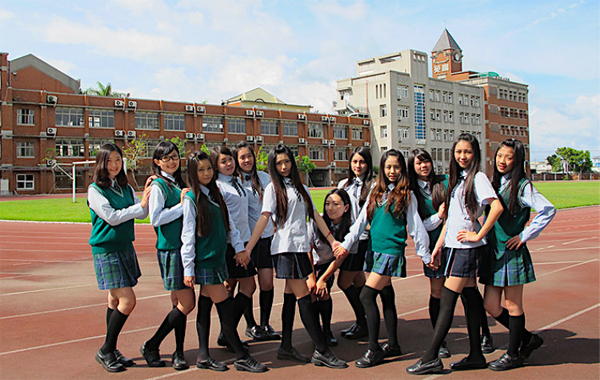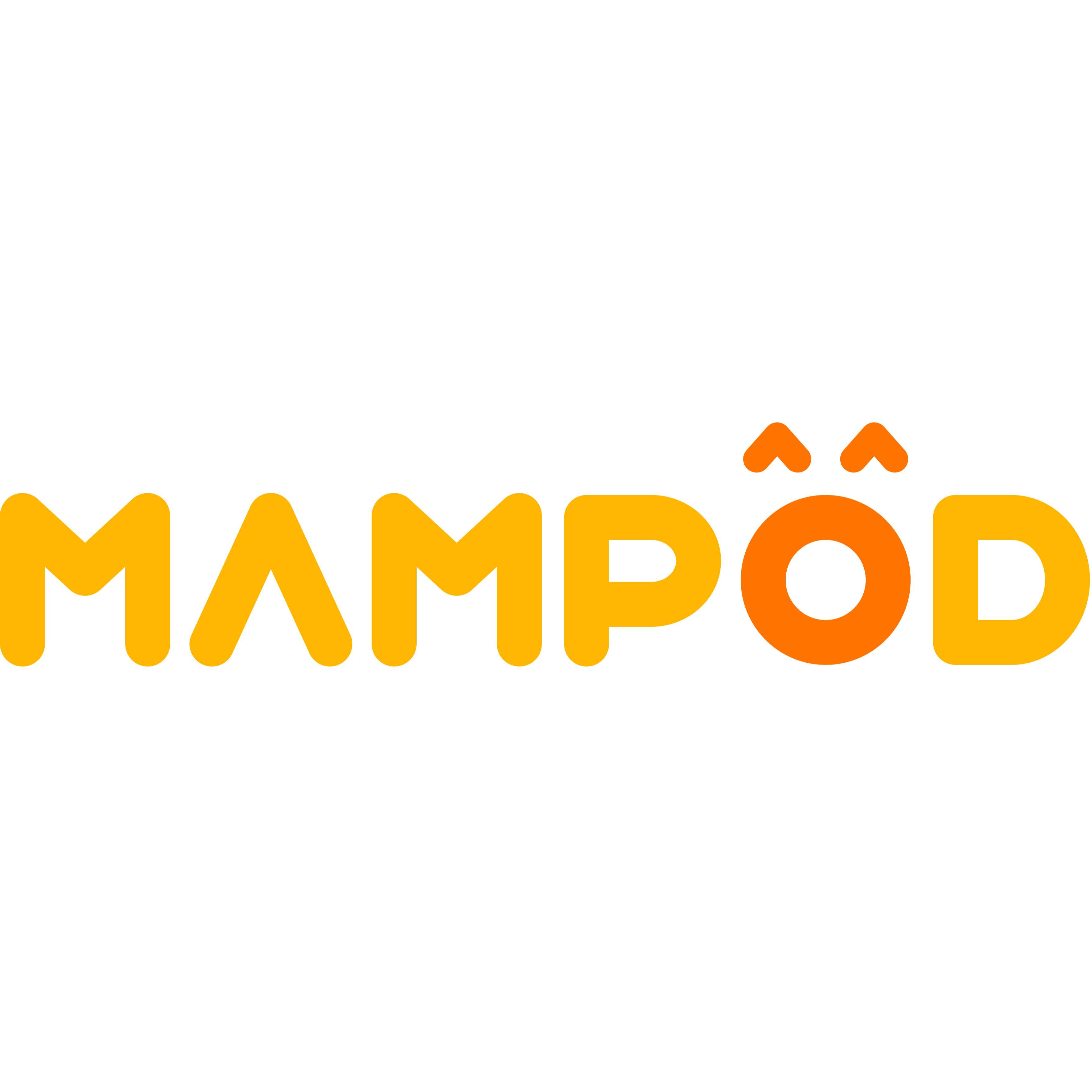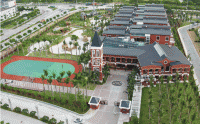Flip through the pages of any expat magazine and you’ll no doubt see up to a dozen international schools advertising in your area. There’s a wide variety, from English-speaking schools (American, Canadian, British and Australian) to French and Japanese schools. But are international schools in China really any better than Chinese public schools?

With so many different types of international schools to choose from, it’s clear there’s a demand for education that does not follow the Chinese system, which typically comprises of big classes, rote memorization, plenty of standardized tests and a ton of homework. In the competitive world that is Chinese parenting, bestowing your child with the best education is often seen as the quickest path to them landing a good job, supporting you in your old age and you recouping your investment. Those that can afford, therefore, often send their kids to international schools and/or abroad for university. But what do international schools in China have that the public schools don’t? And does attending an international school guarantee happiness or success?
Pressure
Many Chinese parents remember their school days as an anxiety-ruled endless haze of facts and characters, all of which they had to learn by heart. Public schools are also known for giving students a heavy load of homework that keeps them busy late into their evenings after school. On top of this, students need to pass tests to graduate for every grade after primary school. With the rise in incomes and the increase in families with two working parents, many Chinese are choosing not to send their kids to public school.
But international schools don’t always guarantee less pressure for students. Peggie Yang decided to send her two sons to Clifford International School in Guangzhou because of its bilingual educational system and what she assumed would be a more relaxed environment. She says that although her sons seem to have less homework overall than their peers in public school, they are struggling with the amount of English homework. Peggie, therefore, also pays for a private English tutor to come to their home, putting more pressure on her boys and adding to her already high expenses for their education.
Class sizes
Beginning with smaller class groups, many international schools put an emphasis on the importance of teacher-student relationships. A typical class in an international school is probably between 15 and 25 children, compared to around 45 students in public schools.
Due to the sheer size of the classes in public schools, hierarchies are often set-up, where teachers appoint the best-behaved students to leadership roles, whether it’s overseeing the cleanliness of the classroom or keeping other kids in line in the corridors. This can give students an important sense of responsibility at a young age.
Philosophy
If you browse the websites of China’s many international schools, you’ll see most clearly display their philosophy front and center. At international schools, the focus is more on communication skills and critical thinking than the rote memorization of facts synonymous with Chinese public schools. Local students are encouraged to mingle with their foreign teachers and classmates, creating a cosmopolitan world inside the school grounds. Local children are also exposed to Western norms and etiquette, which will help if they head abroad later.
Discipline is king at public schools, with respect for the teacher the ultimate golden rule. Parents that want to install respect for authority and a keen work ethic in their children from an early age may prefer the Chinese system.
In an email interview, Chinese citizen Amber Liu told me that she worked hard to enter a first-tier government-run university after an education in China’s public school system. She is now living in Chicago, where she works as an SEO and social media specialist. Looking back, she says she wishes the Chinese education system had less homework and that she had been more inspired by her teachers to think critically. Given the choice, however, she says she would still choose to study at public schools, as she believes the experience has made her a harder worker than her Western peers, which gives her a leg-up professionally.
Curriculum & facilities
Depending on the school, international middle and high school students are usually exposed to the International Baccalaureate (IB) program and university preparation examinations like SATs and A levels. This focus on foreign curricula provides an edge for those wanting to study at overseas universities. International schools, for the most part, also promise and increased focus on “softer” subjects, such as humanities and the arts, bigger facilities and the latest high-tech gadgets.
Chinese schools are focused on the core subjects of Mandarin, maths, science and English, with a touch of the arts and PE thrown in for good measure. Many Chinese public schools still have great facilities — such as well-equipped gyms, music rooms, libraries and computer suites — but choosing the “right” public school is crucial for parents who really want their child to go far. The quality of schools in each district can differ wildly, and credits are given to schools where students receive the best scores in the infamous gaokao test in comparison to other public schools in the same area. Because of this system, Chinese parents might send their child to an out-of-province school with a less competitive grade pool to give their kid a better chance of getting into a good university.
Teachers
In terms of foreign teachers, international schools have the edge. While some public schools can attract great English teachers, international schools are more likely to hire foreign teachers across multiple subjects. These teachers are also more likely to have taught outside of China and be better qualified. This diverse learning environment is most beneficial to foreign kids whose parents want them to follow a Western curriculum and to Chinese students who want to study or work abroad in the future.
Parents who want their kids to excel in Mandarin, maths and science, however, may do better sending their child to public school, where such subjects are by far the main focus.
Price
There are a lot of big-name international schools in China. Established in 1981, the American International School of Guangzhou, for example, is one of the oldest. But it’s going to cost you if you want their expertise. It currently costs up to RMB300,000 (USD43,800) a year to enroll a child there, depending on their grades and the add ons you choose.
Public schools, on the other hand, are fee to attend, with parents only having a pay minimal fees for uniform, some books and perhaps excursions.
Can China’s public schools adjust?
China is well aware that its students have a reputation for being smart on paper but lacking in soft skills. The education ministry somewhat reformed the national curriculum around a decade ago by reducing standardized tests, homework and tracking in the hopes of minimizing stress on students and improving other skills. The government went further in 2021 by banning for-profit tutoring businesses that allowed those with extra resources to pile even more pressure on their kids outside of school. These reforms, however, left many parents unsatisfied and worried that their offspring would not be able to compete. Many bought activity books of their own as extra homework for their children, and a black market in extra-curricular tutoring has inevitably emerged.
Parents that genuinely want a more relaxed schooling environment for their kids may need to consider international schools (if they can afford) or embodying a less intense parenting mindset in public schools (if they can’t). Before any real change can be expected in the lives of Chinese school children, that ultra-competitive ambitions of their parents will need to soften.
| Hot New Jobs recommended for you |
|---|

Country Garden Schools
|

CCTV+
|

5E
|

Yung Wing International Kindergarten
|

Beijing Ufortuna International Cultural Development Co., LTD
|

RongShuoXin Commerce&Trading Co.,Ltd
|

Swedbrand Ltd
|

Huayuan Overseas Information Consultation
|

Cogdel School Chengdu (CSC)
|

Smartinfor
|
| View More Jobs |
Warning:The use of any news and articles published on eChinacities.com without written permission from eChinacities.com constitutes copyright infringement, and legal action can be taken.
Keywords: International schools in China
All comments are subject to moderation by eChinacities.com staff. Because we wish to encourage healthy and productive dialogue we ask that all comments remain polite, free of profanity or name calling, and relevant to the original post and subsequent discussion. Comments will not be deleted because of the viewpoints they express, only if the mode of expression itself is inappropriate.
Please login to add a comment. Click here to login immediately.